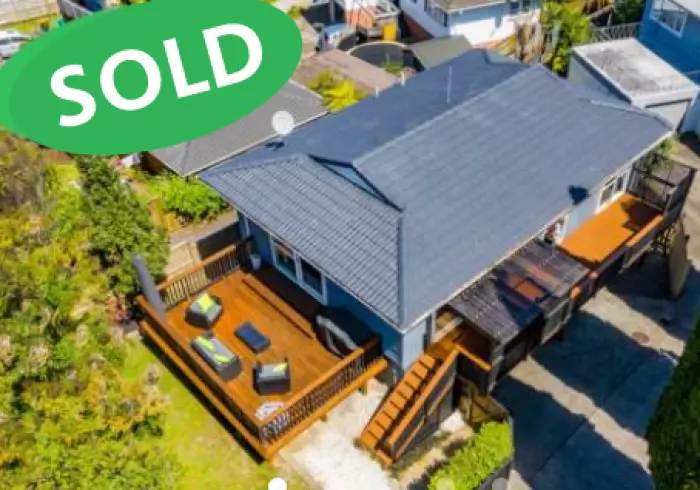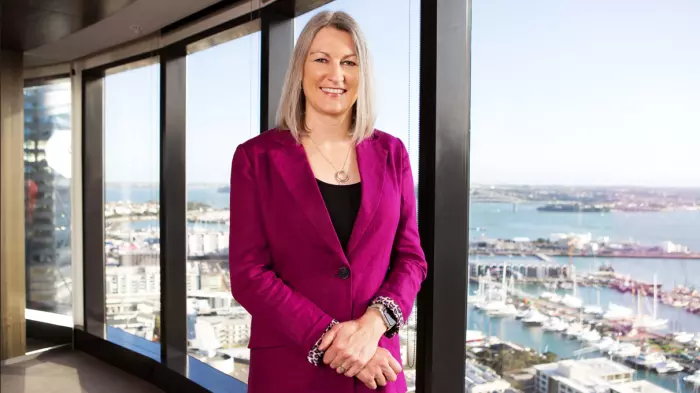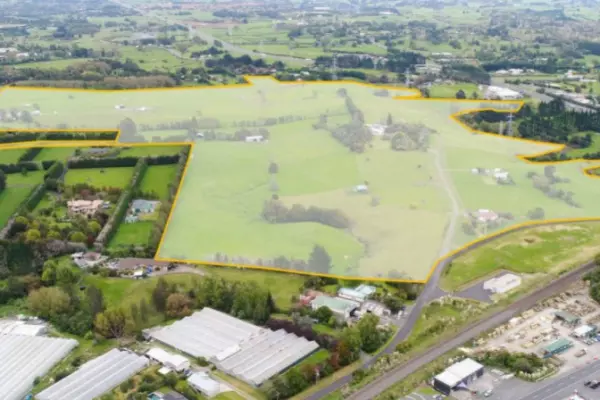Auckland’s housing market continued to fizz through June, although there are concerns that sales are being generated as a result of financial distress or fears of pending price falls.
Barfoot & Thompson said sales for the month largely reflected ‘business-as-usual’ and that prices continued to track up, with a high proportion of sales at $1 million or higher.
The biggest realtor in the country’s biggest residential market reported 820 sales last month, 4.3 percent more than a year earlier, on the back of 1,582 new listings. The number of new properties coming to market was 56 percent higher than June 2019, while the median sale price at $910,000 was up 7.7 percent.
Managing director Peter Thompson noted an influx of first-time buyers, saying there was “undoubtedly some catch-up business from slow sales in May” with about 44 percent of all sales at $1 million-plus. Almost 6 percent of all sales were $2 million or more.
Thompson said it was far too early to say whether the property market will defy economic forecasts, but the figures “suggest that over a three to five year time horizon buyers have confidence in property at today’s prevailing prices and that they are not holding back in the hope of a major decline in values.”
All good?
However, a recent stock take of real estate agents highlighted concerns that those listings were being generated for all the wrong reasons, with 19 percent of respondents citing financial distress as the reason for listing, and a further 16 percent noting fears of falling prices.
The CoreLogic survey said 10 percent of respondents had wanted to sell an empty rental property, with 69 percent expecting short term prospects to be either be “the same or lower” than pre-covid levels.
Almost two thirds of respondents thought there would be a fall in residential values, with only 23 percent thinking the market would remain flat this year.
Property economist Kelvin Davidson said there were also signs of emerging affordability pressures on first home buyers.
At a granular level, he said the Wellington region - including Porirua, Hutt City and Upper Hutt - in particular attracted a higher proportion of first home buyers, while in Dunedin, the first home buyers could be “starting to struggle” with the previous rapid gains in prices.
Barfoot's Thompson said lifestyle property sales numbers also rebounded in June, particularly south of Auckland in Pukekohe, Tuakau, Pukekawa and Te Kauwhata.
“Vendors have been satisfied with prices achieved and sales have reduced listing numbers to the point we are experiencing short term pressure on stock.”
But nationally, Real Estate Institute of New Zealand numbers showed 18 percent fewer lifestyle property sales for the March quarter, reflecting covid-19 constraints, although the median price for those properties was up 3.6 percent for the period, at a median of $715,000.
The most affected region in the March quarter was Otago, where lifestyle sales dropped by 40 percent year-on-year as interest flat-lined in the Queenstown-Lakes district.














